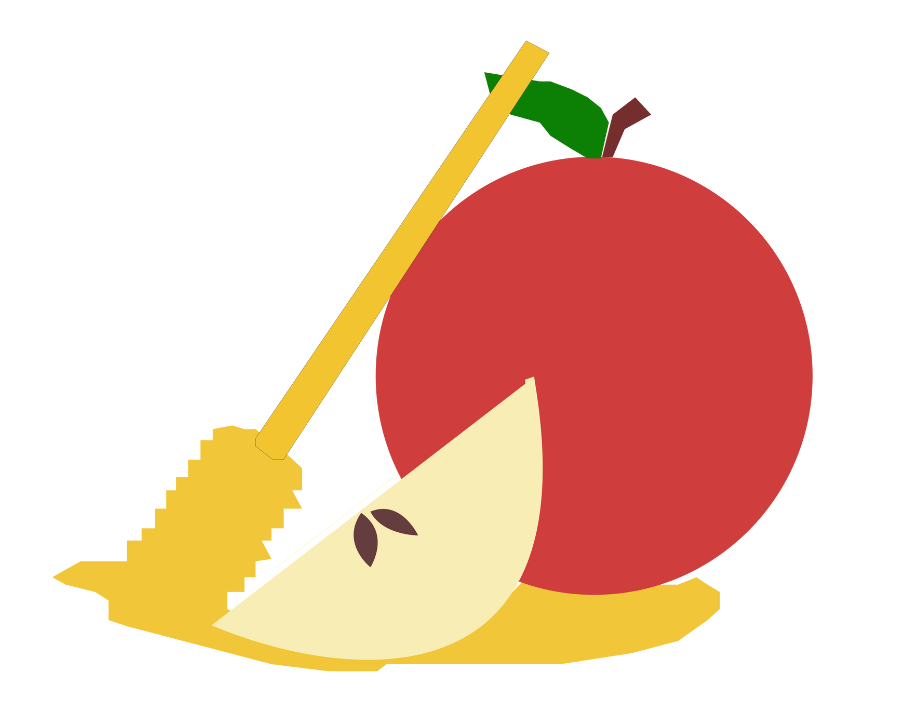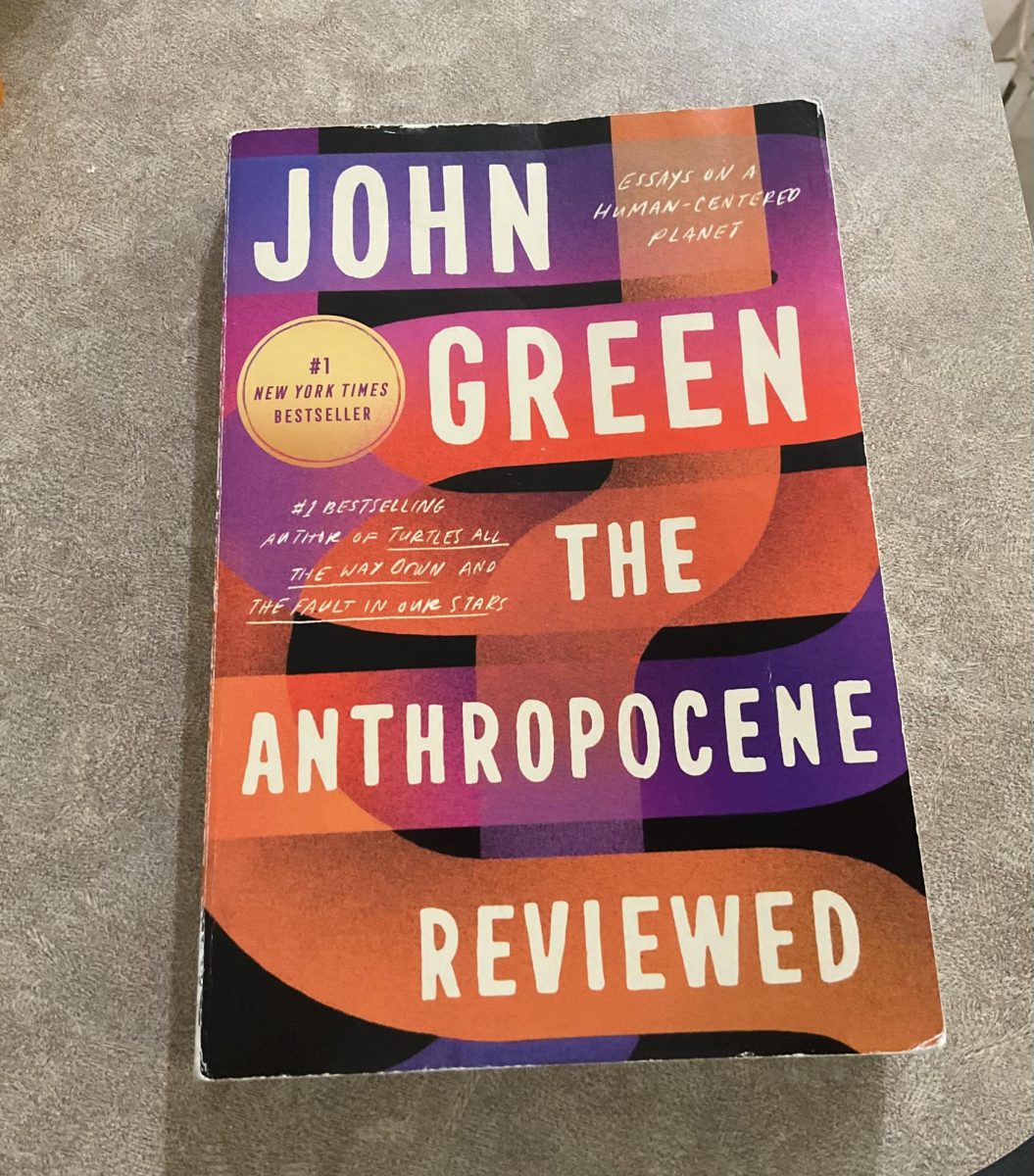Rosh Hashanah marks the beginning of the new year on the Jewish Calendar. In the month of Tishri, the first and second days are dedicated to this extra sweet new year. Unlike the typical new year, where the ball drops at midnight and people party all night long, Roshana is different. It is a time of self-reflections, tradition, and prayer.
This holiday is rooted in self-renewal. Rosh Hashanah kicks off a 10-day atonement time that ends in Yom Kippur. This time is spent reflecting and goal setting for the upcoming year. There are many symbols surrounding this holiday. One of the most significant traditions is the blowing of the shofar, a ram’s horn. The shofar’s blasts are meant to awaken the soul, calling people to repentance and reminding them of their spiritual responsibilities.
Additionally, another recognizable tradition is eating apples and honey, symbolizing the sweetness of the new year. Being among many people observing the holiday, you may hear things like “Shanah Tova,” “oh how sweet it is,” and “Yom Rosh Hashanah.” All of these sayings are important to having a great new year.
At the core of Rosh Hashanah is the theme of new beginnings. The holiday invites individuals to pause, reflect on their past actions, and contemplate their future. It is a time to acknowledge mistakes, seek forgiveness from others, and commit to making better choices in the coming year. In this way, Rosh Hashanah embodies the human desire for personal growth and transformation. In a broader sense, new beginnings are universal experiences with significant emotional weight. Whether it is starting a new job, entering a new relationship, or embracing a fresh chapter in life, the act of beginning again offers a chance to reset, make amends, and set new intentions.
Rosh Hashanah is a profound reminder of the power of new beginnings. Through its rituals of reflection, repentance, and renewal, it offers a chance for embracing change and seeking personal growth. The themes of judgment and mercy, combined with the hope for a better year, showcase the universal human desire for transformation and the belief that we can always become better versions of ourselves.
Whether through religious observance or personal milestones, the essence of new beginnings lies in the opportunity to learn from the past, embrace the present, and move forward with hope and purpose.



![Mock Trial members from Gold and Green team last year pose for a picture in front of the OCLRE building in Columbus. "We all put in so much work [last] year. I know [this] year we’ll come back improved and ready to win!” said Ogunbodede.](https://shsleaf.org/wp-content/uploads/2025/10/IMG_4121-1200x822.jpg)







